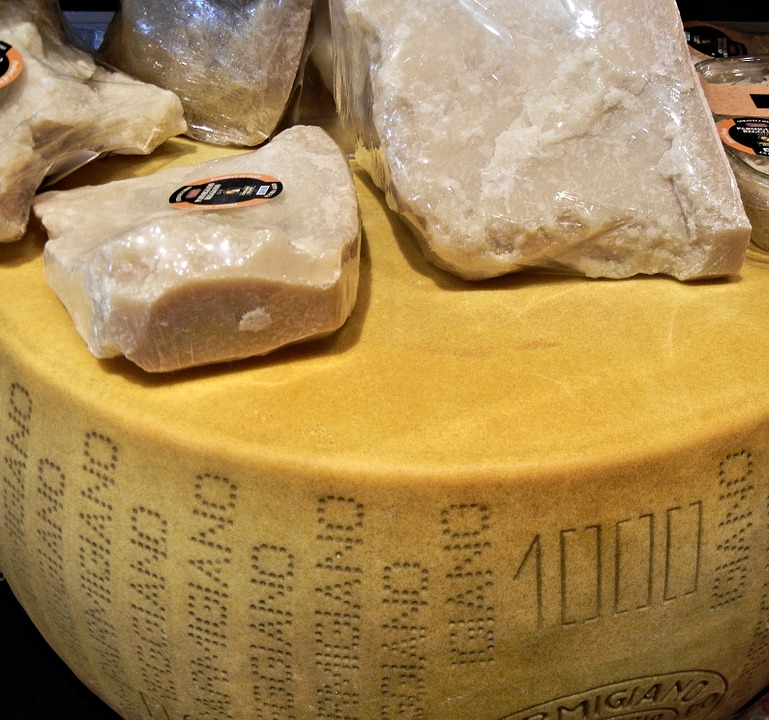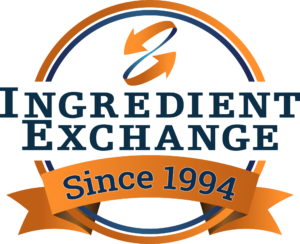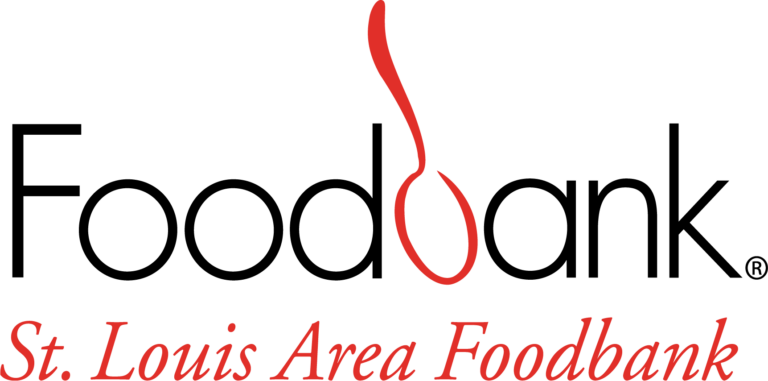Due to EU cheese naming rights, if American cheese makers want to sell their European-sounding cheeses (like Feta and Parmesan) overseas, their products will need to sound, well, more American.
That’s because the EU’s ongoing push to regulate cheese names in the international market is forcing U.S. Cheese exporters to drop Old World names for new cheese labels.
What’s in a cheese name?
Without a doubt, renaming American cheeses would be a huge pain for cheese makers. After all, their names — cheeses and company alike — often exist because early European immigrants brought the cheese-making traditions with them to the U.S.
Decades and generations later, the traditional names are simply part of American culture.
In fact, the executive director of the Wisconsin Cheese Makers Association is determined to push back against the EU regulations. In a recent interview, he talked about how more countries are signing on with Europe to only buy European-named cheeses from EU vendors.
How will consumers recognize their cheese?
Consumers shopping for cheese know what they want by name. So, giving Edam and Gouda new names has the potential (and intent?) to create confusion at the supermarket cheese case.
This is a real concern for U.S. cheese makers exporting their cheeses to, say, Mexico and Canada. For example, in a WSJ article, cheese maker Jeff Schwager commented that since adjusting his Asagio and Parmesan to “Sartiago” and “Sarmesan” to satisfy the new regulations, “the sales are really slow.”
Will cheese naming rights create opportunity?
If the EU gets to monopolize traditional cheese names, it may also create an opportunity for U.S. cheese producers to stand out in the world market.
After all, the U.S. did it with beer. Not only did craft brewers infiltrate world markets as superior beer makers, they disrupted the beer industry both nationally and abroad.
Plus, U.S. artisan cheese makers already create award-winning, non-European sounding cheeses.
Take, for example, Utah’s Beehive Cheese company. With names like “Barely Buzzed,” “Apple Walnut Smoked” and “Big John’s Cajun,” there’s barely a trace of European name influence.
And they succeed, because like wine makers who overcame the perception that European wine is better, artisan cheese makers market their products to engage consumers. That might include targeted branding with high-quality images, in-store samples and imaginative product descriptions — all intended to delight customers.
Creating winning cheese names
If the regulations push through, it will take an intensive marketing strategy for cheese makers to succeed in overseas markets under new names.
At the same time, it may also provide an opportunity for U.S. cheese makers to gain their own name recognition and put American cheeses on the map as unique, delicious — better.
We’d love to hear your thoughts on EU cheese naming rights. For example, if the naming rights go through, will companies that sell both domestic and international cheeses create universal, non-European names for all their cheeses? And how will that change the look of supermarket cheese cases?
Let us know what you think.
Also, at Ingredient Exchange, we help customers re-purpose their off-spec products — including cheese — for cash. Here’s how it works.



